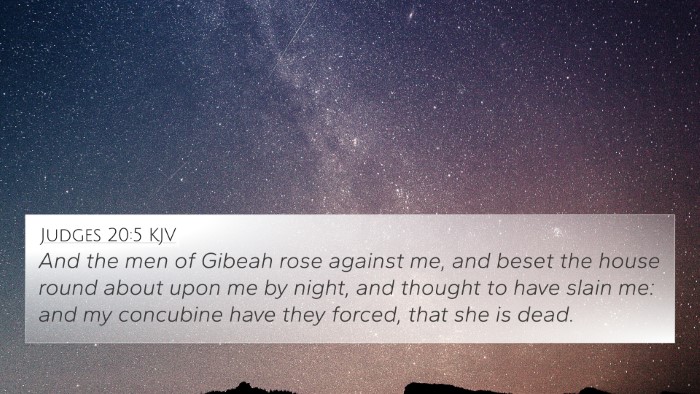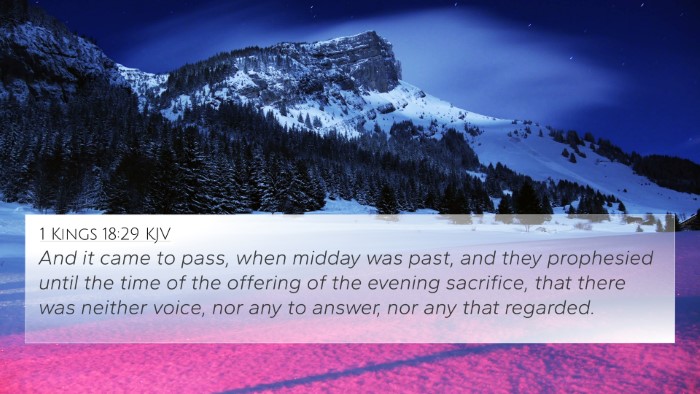Old Testament
Genesis Exodus Leviticus Numbers Deuteronomy Joshua Judges Ruth 1 Samuel 2 Samuel 1 Kings 2 Kings 1 Chronicles 2 Chronicles Ezra Nehemiah Esther Job Psalms Proverbs Ecclesiastes Song of Solomon Isaiah Jeremiah Lamentations Ezekiel Daniel Hosea Joel Amos Obadiah Jonah Micah Nahum Habakkuk Zephaniah Haggai Zechariah MalachiVerse
Judges 19:1 Judges 19:2 Judges 19:3 Judges 19:4 Judges 19:5 Judges 19:6 Judges 19:7 Judges 19:8 Judges 19:9 Judges 19:10 Judges 19:11 Judges 19:12 Judges 19:13 Judges 19:14 Judges 19:15 Judges 19:16 Judges 19:17 Judges 19:18 Judges 19:19 Judges 19:20 Judges 19:21 Judges 19:22 Judges 19:23 Judges 19:24 Judges 19:25 Judges 19:26 Judges 19:27 Judges 19:28 Judges 19:29 Judges 19:30



